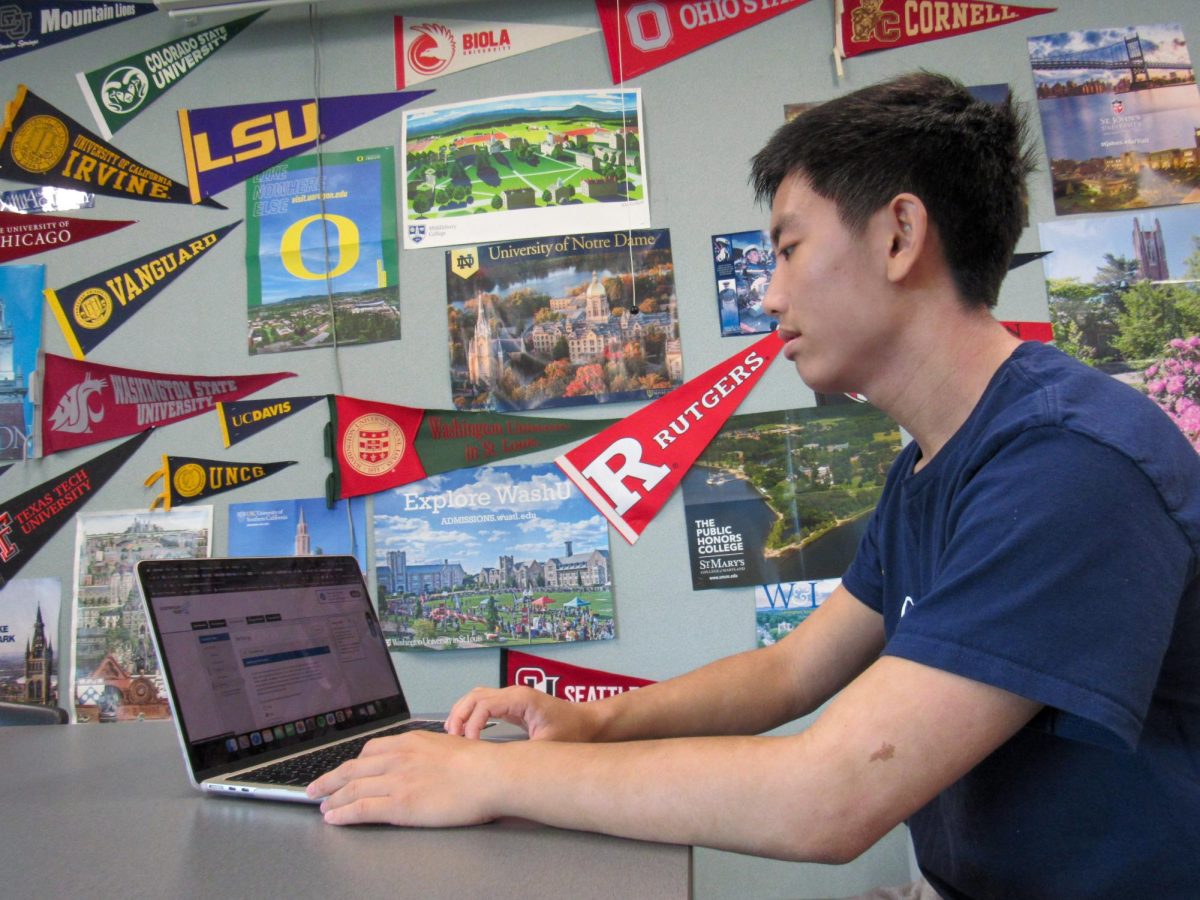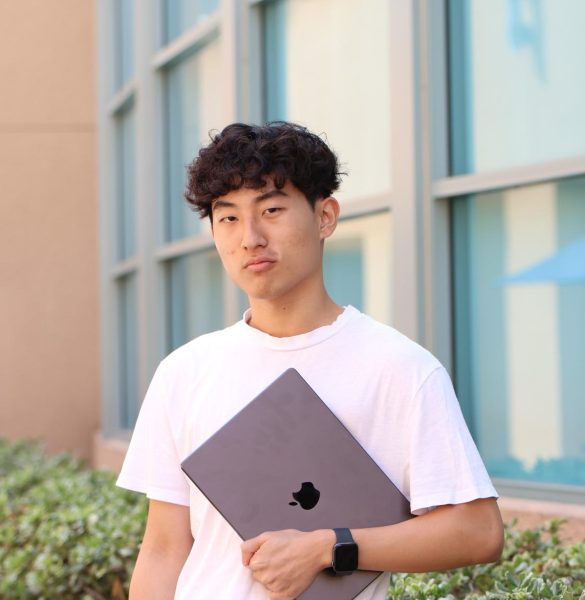The California state legislature passed AB 1780 on Aug. 28, which would ban legacy admissions in private colleges statewide. The bill now awaits California Governor Gavin Newsom’s signature and will go into effect on Sep. 1, 2025, if it is signed into law.
The bill would make California the fifth state in the nation to enact policies against legacy admission. While AB 1870 would not significantly impact admissions in California, as only a few private colleges have policies favoring applicants with legacy status, it would impact many prominent highly competitive institutions, including Stanford University and the University of Southern California.
“Equal opportunity is the name of the game here,” assembly member and author of AB 1780 Phil Ting said in a statement. “Hard work, good grades and a well-rounded background should earn you a spot in the incoming class–not the size of the check your family can write or who you’re related to.”
The bill is a response to the nationwide conversations around legacy admissions, which intensified following the U.S. Supreme Court’s ruling last year deeming race-based affirmative action unconstitutional. If enacted, the bill would extend to private schools a similar ban that currently impacts California’s public university systems. While penalties are relatively minor, most schools have stated that they will comply with the legislation.
Many Northwood students view the potential prohibition of legacy admission to private colleges positively because it promotes equal opportunity.
“I think that having an alumni connection isn’t something that indicates merit, academically or socially,” senior Charlotte Nichols said. “Giving preference to children of alumni also does nothing to make higher education more accessible to all students, which is what colleges should strive for, especially when they claim a merit-based evaluation system.”
The bill has the potential to start similar discussions in other states that may be considering a prohibition on legacy admission policies. This year, states such as Maryland, Virginia and Connecticut are considering or have passed similar bans.
“We have no indication that this decision will impact Northwood students either positively or negatively,” head counselor Megan Ostovarpour said. “Only time will tell.”





















































